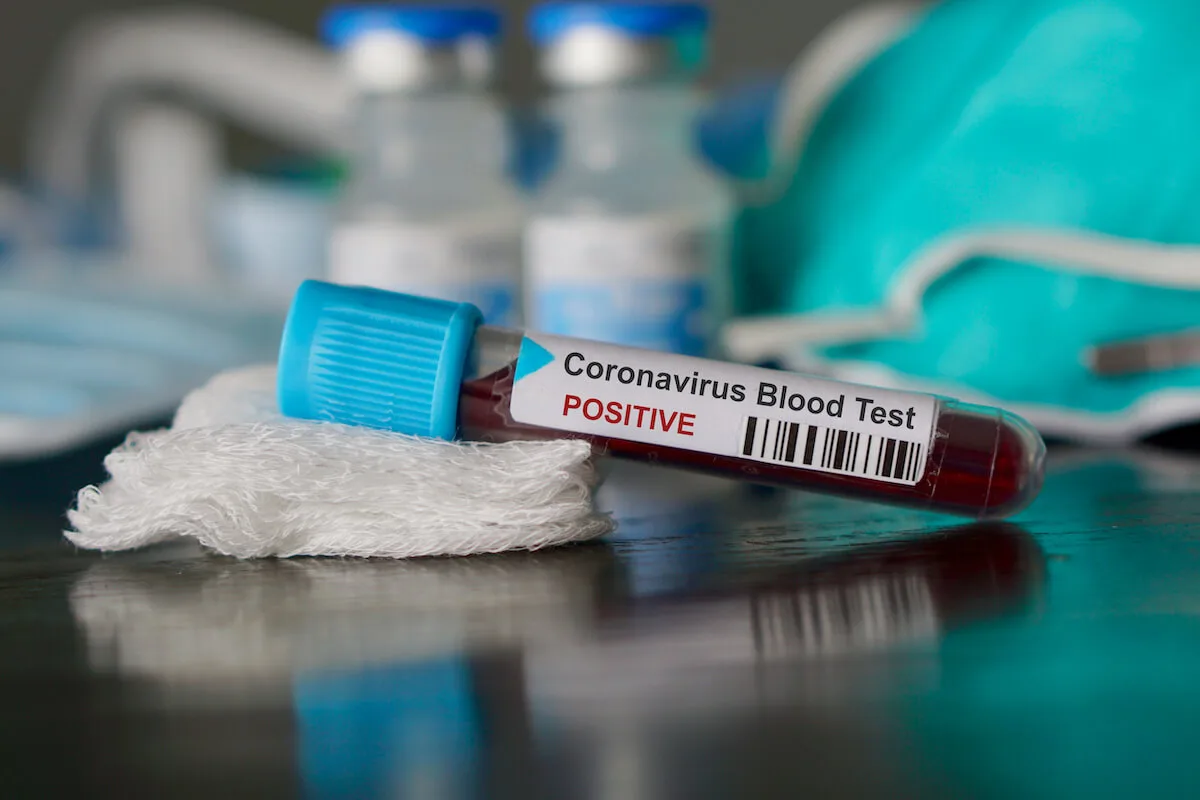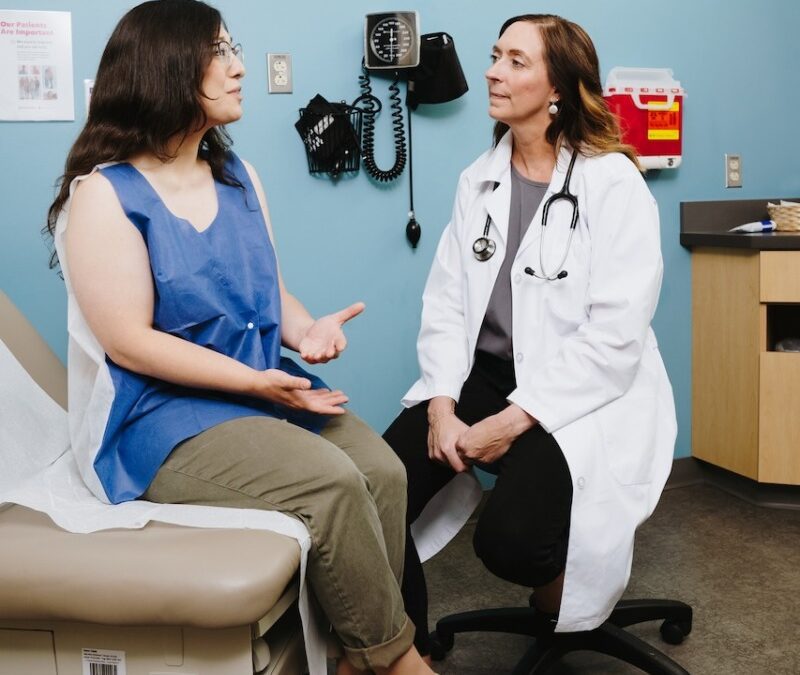
#image_title
Coronavirus cases reach 72. Schools to stay closed indefinitely.
Citing continued “community spread” of the coronavirus through at least 3 Wisconsin counties and the rise in the number of positive COVID-19 cases to 72, Gov. Tony Evers on Tuesday afternoon placed significant new limits on crowd gatherings, ordering all Wisconsin taverns to close by 5:00 p.m. and ending in-person dining in restaurants for the foreseeable future.
The new order says gatherings must be limited to 10 people or less, according to the governor’s order, with limited exceptions. And the school closing order is being extended indefinitely.
Exemptions to the order include grocery stores, childcare centers, food pantries, gas stations, hotels, courts and care facilities. Restaurants in Wisconsin are restricted to carry-out, curbside or delivery service.
Department of Health Services Secretary-designate Andrea Palm says Milwaukee, Dane and Kenosha Counties are seeing community spread, defined as instances where a person is testing positive for COVID-19 despite no known source of the disease, such as travel from an area with a high number of cases or contact with an infected person.
Evers and Palm were joined at the afternoon briefing by Dr. Ryan Westergaard, chief medical officer with the state’s Bureau of Communicable Diseases, and Dr. Allen Bateman from the State Laboratory of Hygiene at UW-Madison.
Here is how the 72 positive cases break out by county: 24 in Milwaukee County, a significant increase from Monday; 19 in Dane County, the first of whom has fully recovered; 11 in Fond du Lac County; four cases each in Kenosha and Waukesha counties; three cases each in Sheboygan and Winnebago counties; and one case each in Outagamie, Pierce, Racine and Wood Counties.
The state’s testing capabilities is also increasing. Two weeks ago, the state lab could test 100 coronavirus samples per day. In all, 1110 people have been tested since the first case was discovered Feb. 5, nearly six weeks ago.
Of those 1110 people, 72 people have tested positive, 1038 have tested negative. This week, lab capacity jumped to 400 samples tested per day and the lab will be open seven days a week. It had previously been closed on weekends.
There will be a meeting tomorrow, the governor said, with legislative leaders to discuss a likely extraordinary session to consider emergency aid from the federal and state governments. Evers said he has asked lawmakers to repeal the one-week waiting period for unemployment compensation.
“It’s incredibly important that (these funds) make it to affected workers quickly,” Evers said in reference to workers whose personal finances are suffering from limits in hours or layoffs because of the pandemic which has sickened nearly 200,000 people worldwide and caused nearly 8,000 deaths including 97 in the U.S.
Evers said he intends for the April 7 election to be held and urged people not to make a comparison to Ohio where Tuesday’s presidential primary election was canceled on only hours notice. Wisconsin’s election has multiple levels; along with a Democratic presidential primary there is a statewide Supreme Court race and general elections for a host of local posts on the ballot.
“I want to be sure people understand the complexity of our spring election,” he said. “And how long do we potentially leave offices not filled because we’re into July or August without a general election? The good news is that we have one of the easiest and best absentee ballot opportunities in the country. So our goal is to get as many absentee ballots as possible and then continue to take a look at what an election would look like on April 7.”
As of Tuesday, Evers says 500,000 absentee ballot requests have been made.
The governor also called on the Wisconsin Economic Development Corporation (WEDC) to work with Wisconsin Emergency Management and the Small Business Association to unlock emergency loans for small businesses that suffer substantial economic injury from the pandemic.
Support Our Cause
Thank you for taking the time to read our work. Before you go, we hope you'll consider supporting our values-driven journalism, which has always strived to make clear what's really at stake for Wisconsinites and our future.
Since day one, our goal here at UpNorthNews has always been to empower people across the state with fact-based news and information. We believe that when people are armed with knowledge about what's happening in their local, state, and federal governments—including who is working on their behalf and who is actively trying to block efforts aimed at improving the daily lives of Wisconsin families—they will be inspired to become civically engaged.


Billionaires get richer while Wisconsinites lose access to health care with ‘Beautiful Bill’
The US Senate will examine the Trump budget bill this week. It includes the largest cut to Medicaid in the program's history. It also blocks...

More ways to get birth control in Wisconsin? Sign us up.
The State Assembly has approved a plan to allow pharmacists to prescribe birth control pills and patches. There could soon be another way for women...

Opinion: Pentagon contractors don’t save lives or money – Medicaid does. Don’t cut it.
Cutting life-saving services to further enrich billionaires and Pentagon contractors is the worst possible option. This op-ed was first published on...

Opinion: Modernizing Medicare’s approach to obesity treatment is cost-effective and improves lives
Dr. Roxane Spitzer calls on Sen. Ron Johnson and his Republican colleagues to back the bipartisan initiative to expand Medicare coverage for...





